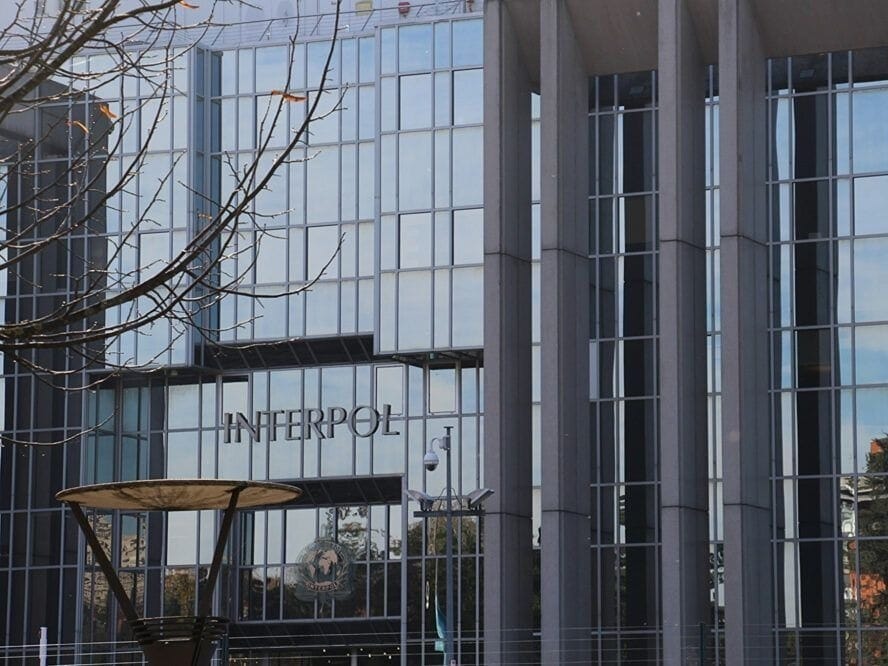A senior Russian security official was poised to assume the presidency of the world’s largest international police organization, setting off alarms that Russian President Vladimir Putin stood to gain a dangerous tool to hunt down his critics.
Interpol's general assembly meeting in Dubai, United Arab Emirates, was expected to select the frontrunner in the race, Alexander Prokopchuk, a 57-year-old Russian police major-general, despite accusations that Russia regularly manipulated Interpol's arrest warrants to retaliate against enemies.








